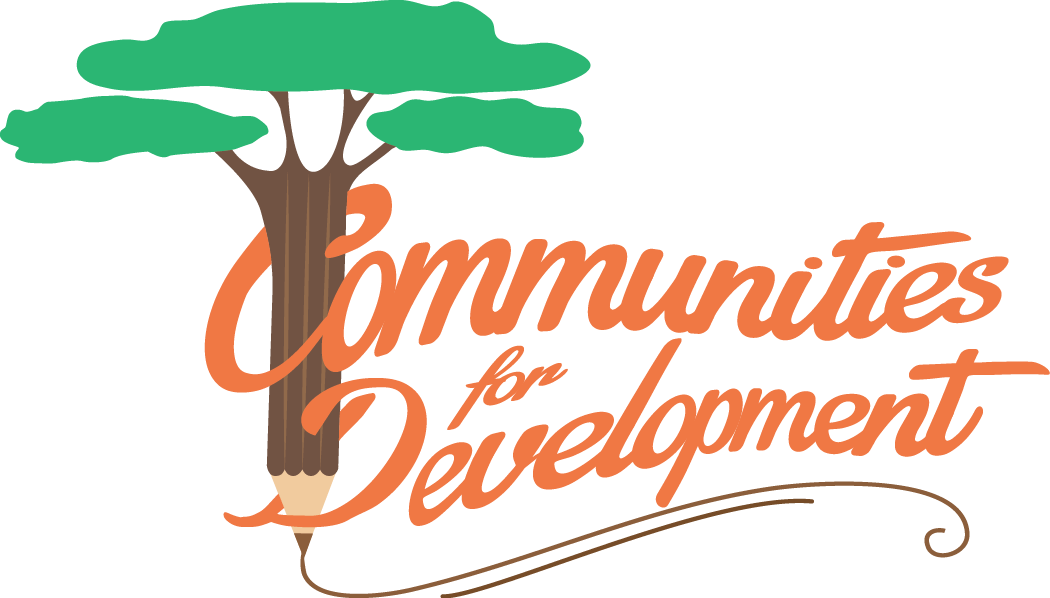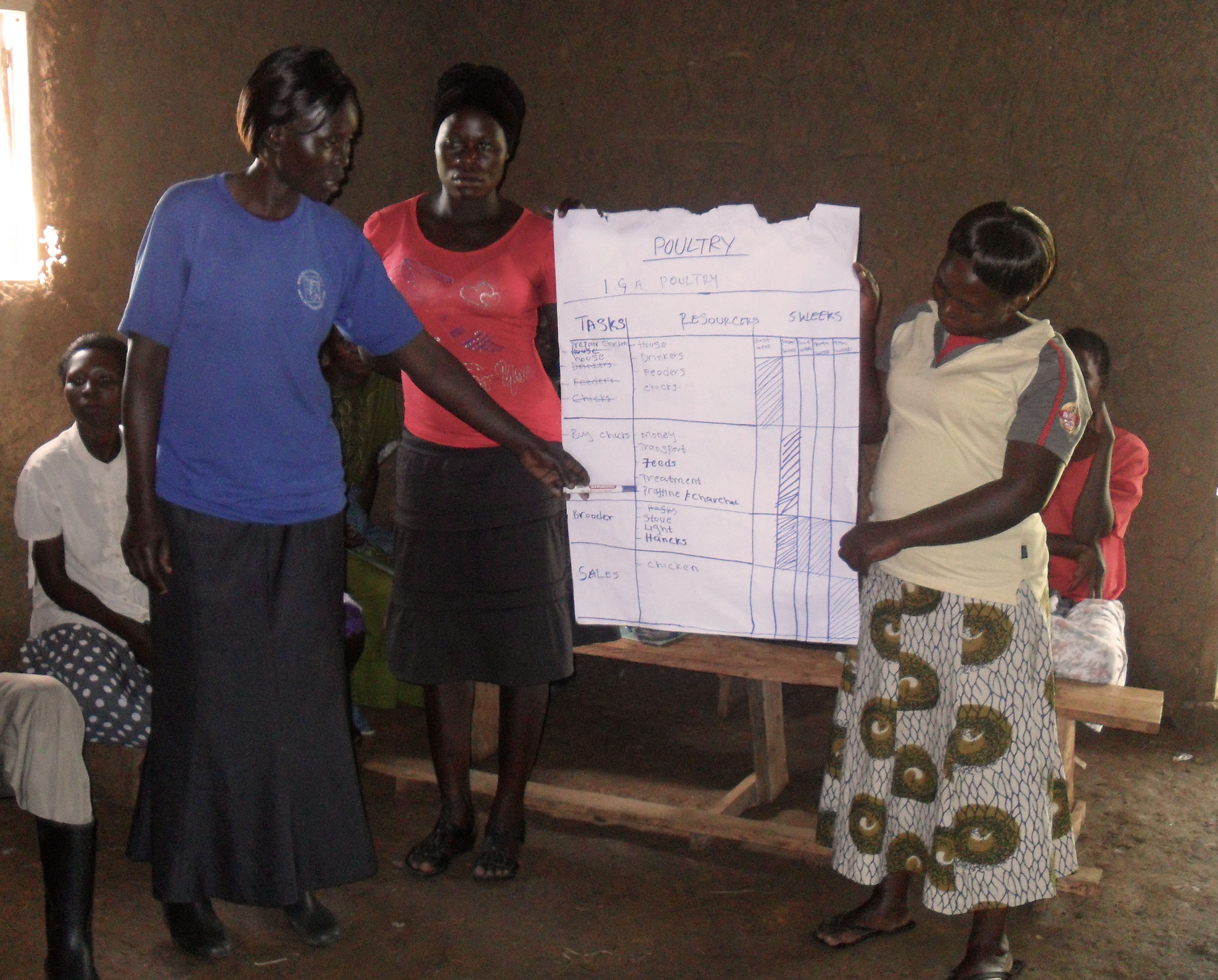Program
Communities for Development was born with a clear objective, to help improve the lives of some of the poorest people in rural Uganda. Our approach includes the delivery of business and skills training and the creation of microfinance savings groups to help communities self-develop. We then assist these community members to start up their own income generating activities, to allow families to meet their basic everyday needs and further improve their long term quality of life. Communities for Development firmly believes that the community must be at the heart of their own development and this philosophy is ingrained into everything we do.
Key programs
1. Saving groups
The concept of saving does not come naturally to many poor rural farmers in Africa, however a culture of saving and sound financial management is key to sustained development. To help solve this problem we have set up several savings groups based on the Village Savings and Loan Association (VSLA) model that has been successfully implemented worldwide by the likes of Care, Plan International, Oxfam and others. The aim of the groups is to encourage groups of between 25-30 people to save a small amount of money each week. This has numerous benefits, it promotes a culture of saving, allows members access to capital through a group loan fund (something most rural people can’t access from a bank) and encourages team working and social interaction.
The groups we set up are self-sufficient as they are saving and lending their own money. Communities for Development (CFD) facilitators conduct the initial training and provide on going assistance, however all decisions are made by the group. All CFD groups require at least 50% of the members to be women and only one member of each household is permitted to be in a group. 2 out of 3 of executive committee members must also be women.
The groups conduct a five day initial training programme. These groups then save every week under the close supervision of CFD facilitators. As the group’s capital increases after several weeks, members are then able to request a loan from the group. There is an interest attached to this loan and a repayment period. The repayment can therefore be reused as a loan for other members. The group also contributes towards a social fund and an educational fund. These are aimed at allowing the groups to respond to social problems individuals or the community might have and providing additional training and materials for the groups. At the end of each session, left over cash and the groups accounting books are locked away in a box with three locks, the keys being kept by three separate group members, none of which are executive committee members or the box keeper.
Saving cycles last for a set period of time after which each member receives their savings back with a proportion of the interest gained relative to their amount of savings.
The creation of these groups not only provides members with access to small loans and promotes savings, it also helps form a strong community group that is able to help solve wider problems in the community. A group can be a lot more influential and productive than an individual particularly in rural Uganda.
2. Income Generation Activities
Once community members have saved a significant amount of capital, the next step for many of them is to use this money to help start an Income Generation Activity (IGA). Depending on the group or individual this can vary in size and complexity, however the basic business concepts are the same. Group members are therefore invited to attend another five day training course on the ‘Management and creation of a small business’. This aims to explain the basic concepts of business and help inspire the participants to create their own IGA ideas. At the end of the course members produce a simple business plan which is reviewed by Communities for Development and appropriate next steps are suggested. This could include specific skills training or financial assistance.
Is it extremely important that group members want to undertake their proposed IGA as it will require them to invest their own money, and lead the project. CFD provides as much assistance as we can, however we firmly believe the community members need to take responsibility and ownership of the project if it is to have a long term benefit.
Currently one group is planning to set up a tomato growing project. To do this they have carried out a market study to assess sales, pricing and profitability. CFD have brought on board an agricultural expert from the US to aid with the training and budgeting of the project, and highlight key risks to be aware of. The group now are in the process of producing an implementation plan and finalizing the funding.
3. Social Projects
Communities for Development understands that IGAs and business can’t solve all problems rural communities face and therefore to help address some of the other issues, we plan to implement several social projects in the community. These will be non-for profit projects with distinctive aims particularly surrounding early years education and vocational training for school drop outs. CFD will fund and aid in the initial creation of these projects however the aim is that in the long term these projects will be self-sufficient both financially and managerially.
Communities for Development nace con un objetivo claro, facilitar el acceso a formación para comunidades rurales de Uganda, porque fue una demanda directa de los miembros de las comunidades a Sandra e Íñigo durante su estancia en Uganda. Además para nosotros el acceso a educación junto con el apoyo en la búsqueda de cómo aplicar e implementar los conocimientos adquiridos es clave para que las comunidades más vulnerables logren una autonomía que les permita cubrir sus necesidades básicas y la largo plazo conseguir una mejora de su calidad de vida. (más del 80% de la población en Uganda es rural y más del 35% vive por debajo de los umbrales de pobreza).



